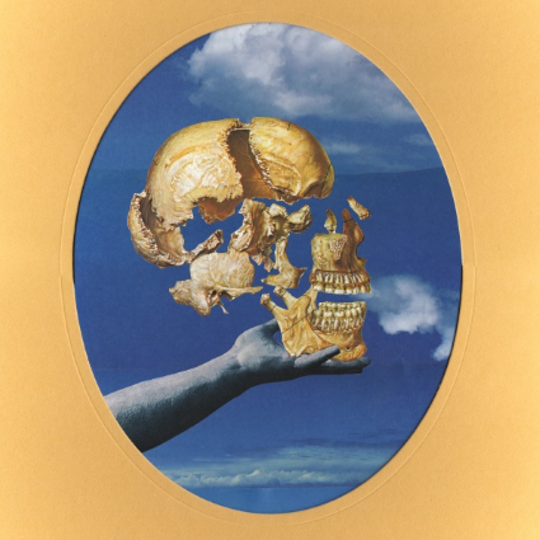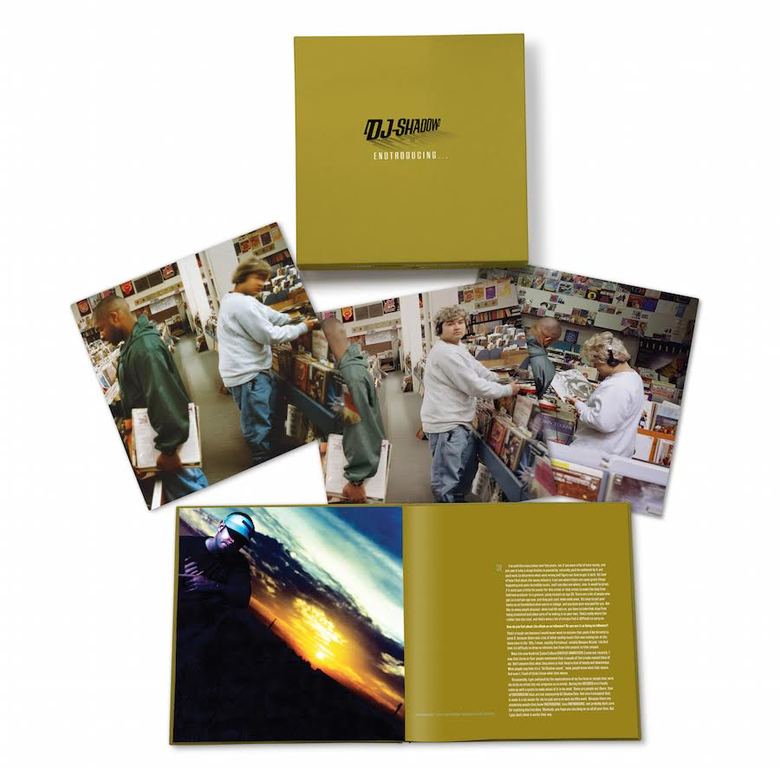The Portland trio Sun Angle return with their second album Skullflower, the follow up to 2013’s Diamond Junk. Formed in 2010, the band consists of drummer David ‘Papi’ Fimbres, bassist Marius Libman and singer/guitarist Charlie Salas-Humara. Describing themselves as psych-punk, making 'music for burnouts', the band say they sit in a place where Can meets Seventies-era Miles Davies, via The Grateful Dead. Whilst they have a way to go yet to match the talents of their icons, it is accurate to say that they merge Krautrock and jazz, adding crazy punk percussion and trippy drone to create a standout sound on the current, thriving, psych-rock scene.
Where their first album trod a fine line between frantic and chaotic, Skullflower is, for the most part, a more organised kind of chaos – at least musically. Conceptually, there is still work to do. It’s true the concept album died a long time ago, yet the problem here is that the band cite a vast array of ideas (everything from religion and death to dreams and hope) and somehow try to tie them all together, loosely. Musically, however, the album is strong. Losing none of their earlier energy, the band have crucially learnt control, making a follow up that feels significantly more impressive than their first.
Album opener, ‘American Beauty’ is indicative of the band’s development since Diamond Junk. Fimbres holds back his frenetic punk drumming giving more space for the trippy drones and electronic effects to breathe alongside the almost funk-like bass of Libman. Salas-Humera’s vocals are given more prominence, making for a funk-meets-punk trippy opener in what is a much more mature and considered progression from their first outing. ‘Amen’ which appears mid-album follows a similar pattern, as does ‘Phantom Prominence’ towards the end. Whilst energetic percussion is still present on other songs, it doesn’t overwhelm as much, with psychedelic guitar effects and foggy drone allowed to juxtapose much more effectively with Salas-Humera’s dream-like vocal sound.
‘Kill the III’ follows ‘American Beauty’ in this vein until the second part of the song unexpectedly explodes. Fimbres goes all wonderfully Keith Moon with frenetic drums and the guitar of Salas-Humara takes centre stage to create a classic psych-punk sound sure to be popular on a late night festival stage. ‘Drink the Moon’ sits somewhere between the two album openers, but feels more like original Sixties psych, with its upbeat, repetitive guitar strums, trippy vocals and orchestral brass.
‘Leave your Body’ revisits the energy of their first record as it opens with punk percussion, until trippy drones levels things out a little. ‘Savage Memory’, conversely, loses its early promise by the sudden, without-warning addition of clumsy drones mid-way through the song. Appearing out of nowhere, they don’t quite marry with the opening and the chaos that characterised their Freshman album, once again appears. Where the band goes all out punk-drone on ‘Royal Skulls’, for example, it somehow works better. The eruption into punk mid-way through a song, something they favour a few times on this album, sadly doesn’t always come off fluidly.
Sun Angle isn’t the only project for its band members. Salas-Humara also works on music with Panther, Libman on Copy and Fimbres on Orquestra Pacifico Tropical. Salas-Humara and Libman also have a cult radio show in their native Portland, ‘Heavy Breather’ which takes up considerable efforts. Whilst Skullflower shows what the band can do better now sonically, the album’s problems come from conceptual ideas that are too vast in scope. It’s almost as if they sometimes try to merge the side projects of each band member into one cohesive whole, but with such a vast difference between their individual projects, it feels too problematic to pull off. It’s difficult find a single thread to tie everything together at times – and with something like psych rock, that is arguably needed to prevent the music getting lost in a sonic wilderness of drone and trip.
Skullflower is an impressive move forward from their debut. If the band can somehow marry sonic experimentation with concept and cohesiveness, they will prove an exciting addition to the psych-rock scene.
-
7Elizabeth Aubrey's Score






















